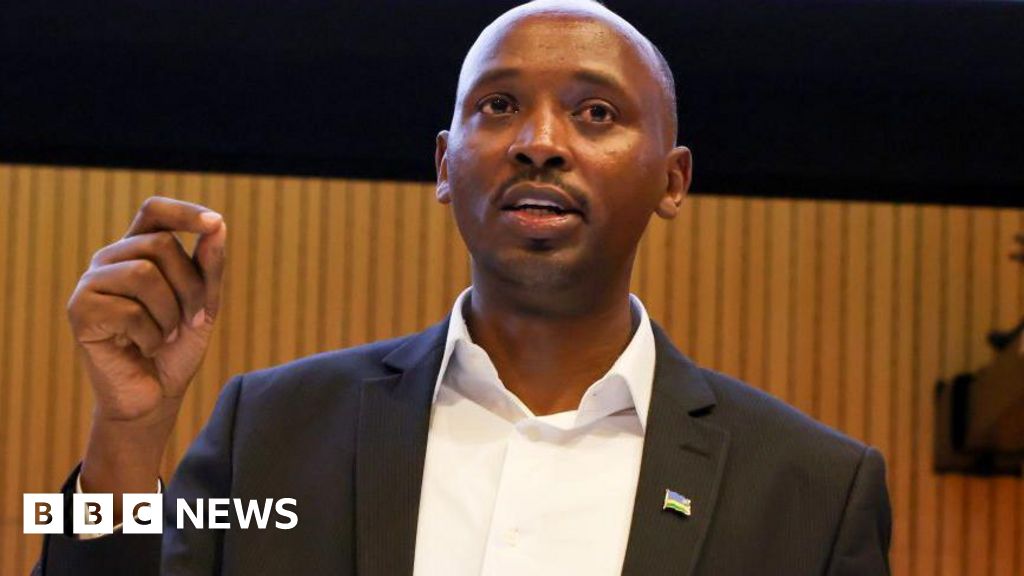Rwanda Takes a Stand Against Marburg: A New Chapter in Global Health
Understanding the Marburg Virus
Originating from the same family as the Ebola virus, the Marburg virus is known for its high mortality rate and rapid spread. With symptoms ranging from severe fever to organ failure, the virus poses a significant threat to continental Africa. Rwanda's trials could provide pivotal data that contribute to a global health strategy.
The Importance of Vaccine Trials
Vaccine trials are crucial in understanding how to effectively combat viral outbreaks. Rwanda's announcement comes amid growing concerns of the virus potentially spreading beyond its borders. Health experts worldwide are closely observing the trials, which could pave the way for international vaccines.
"Early interventions are key to controlling viral outbreaks," says a statement from the World Health Organization.
Challenges in Combating Marburg
Administering vaccines in regions with limited healthcare infrastructure presents significant challenges. Logistics, education, and public cooperation are integral to the success of these trials. Efforts continue to ensure that the vaccine trials are ethically conducted and effective.
Global Implications
Should the trials prove successful, Rwanda could transition from an affected nation to a leader in public health interventions. This could motivate neighboring nations to adopt similar initiatives, enhancing regional disease control measures and providing a blueprint for other low-income countries.

Community Involvement and Education
Community education plays a crucial role in the success of vaccine trials. Initiatives are being set up to inform communities about the importance and safety of participating in these trials. By fostering a sense of health literacy, officials hope to increase public participation and trust in the trials.
Continued Research and Development
Continued research and development are essential in developing a vaccine that is not only effective but also accessible. Rwanda's trials might inspire the development of additional research facilities in the region, further contributing to the global fight against viral diseases.
